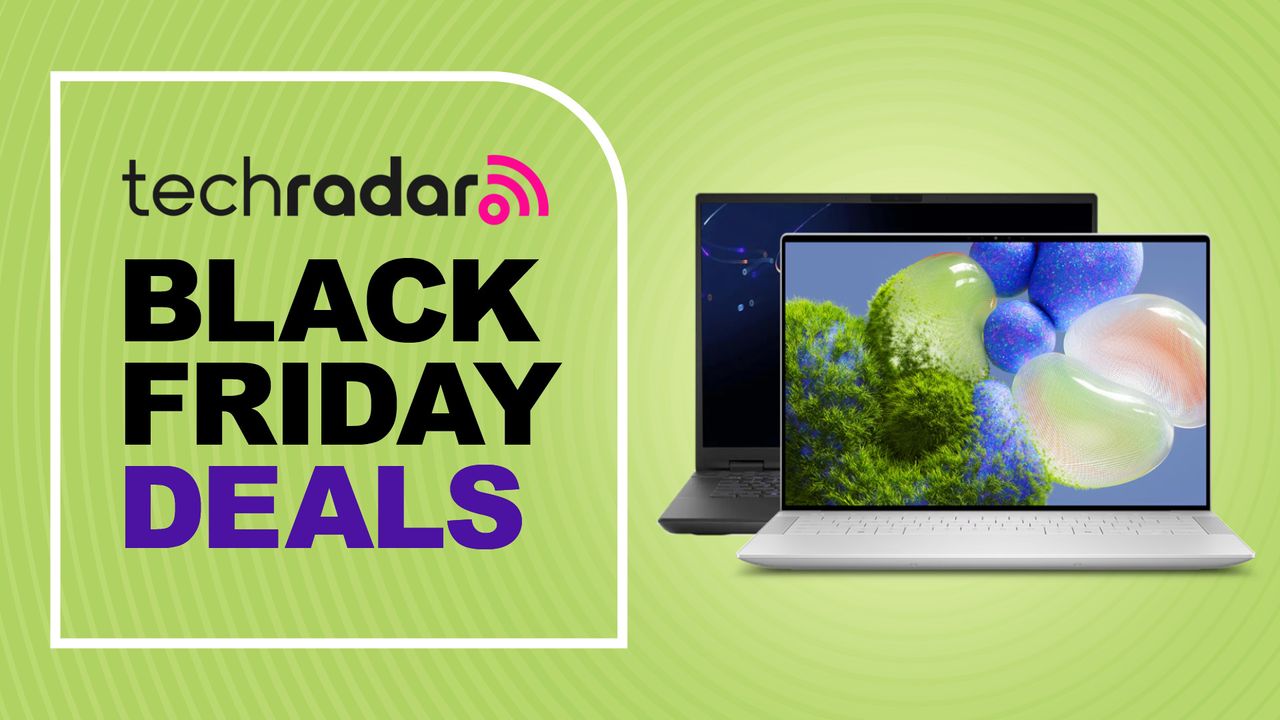- Computing
- Internet
- Browsers
Incognito Mode doesn’t mean you’re invisible online
Comments (0) ()When you purchase through links on our site, we may earn an affiliate commission. Here’s how it works.
 (Image credit: Shutterstock / Rneaw)
Jump to:
(Image credit: Shutterstock / Rneaw)
Jump to:
- The myth
- What experts say
When we browse the internet using Google Chrome, Safari, Firefox or Opera, there’s an option that promises privacy called Incognito Mode or Private Browsing, depending on which browser you’re using.
Now, you might assume (no judgement) that because these options say “incognito” or “private”, it means no one can see what you’re doing. That you’re off the grid and browsing in complete secret. But not so fast.
Private browsing only hides certain things, and not always the ones you expect from who you might expect. So what does it actually protect you from – and what doesn’t it? We asked cybersecurity experts to explain.
You may like-
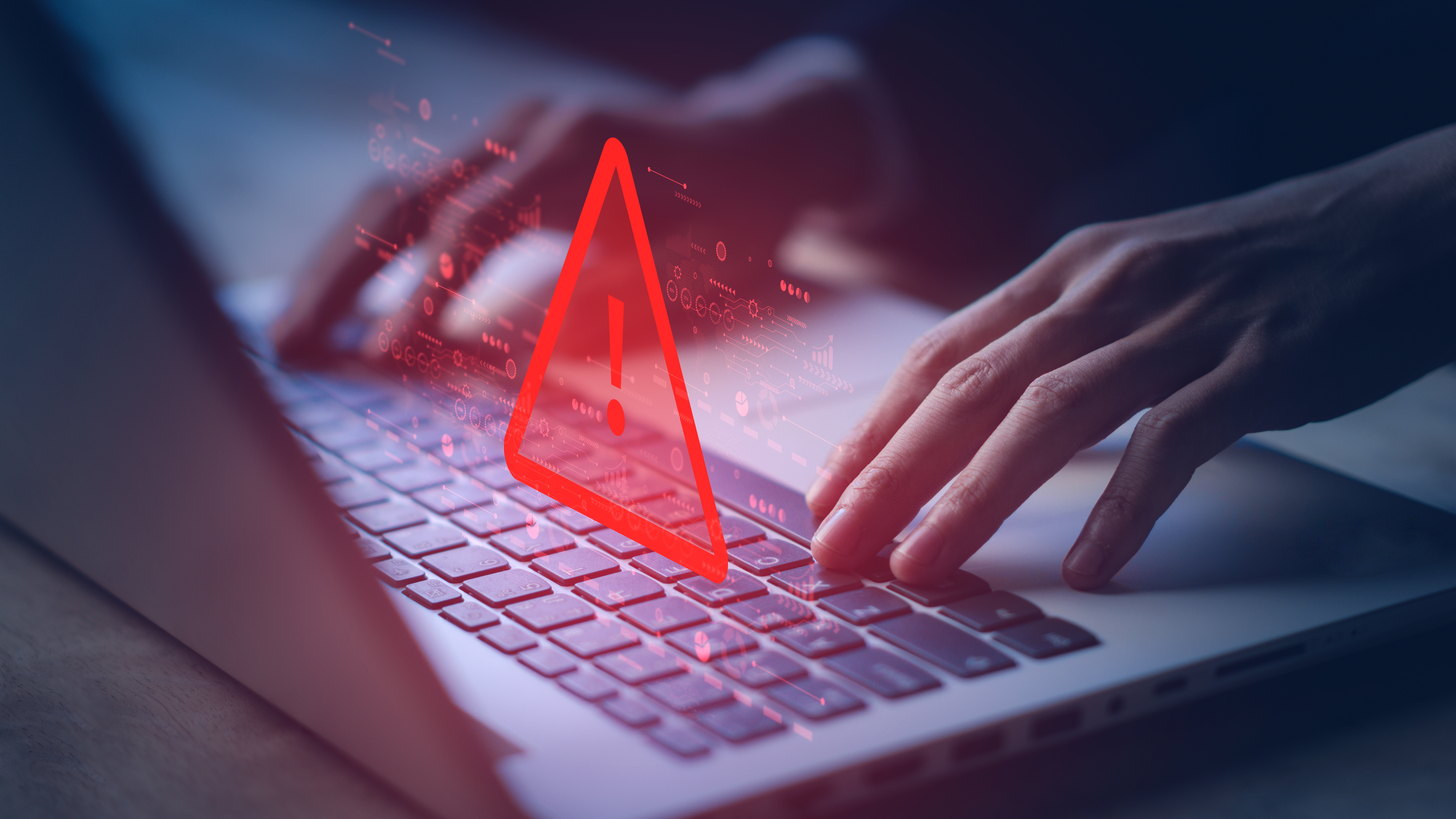 The surveillance browser trap: AI companies are copying Big Tech’s worst privacy mistakes
The surveillance browser trap: AI companies are copying Big Tech’s worst privacy mistakes
-
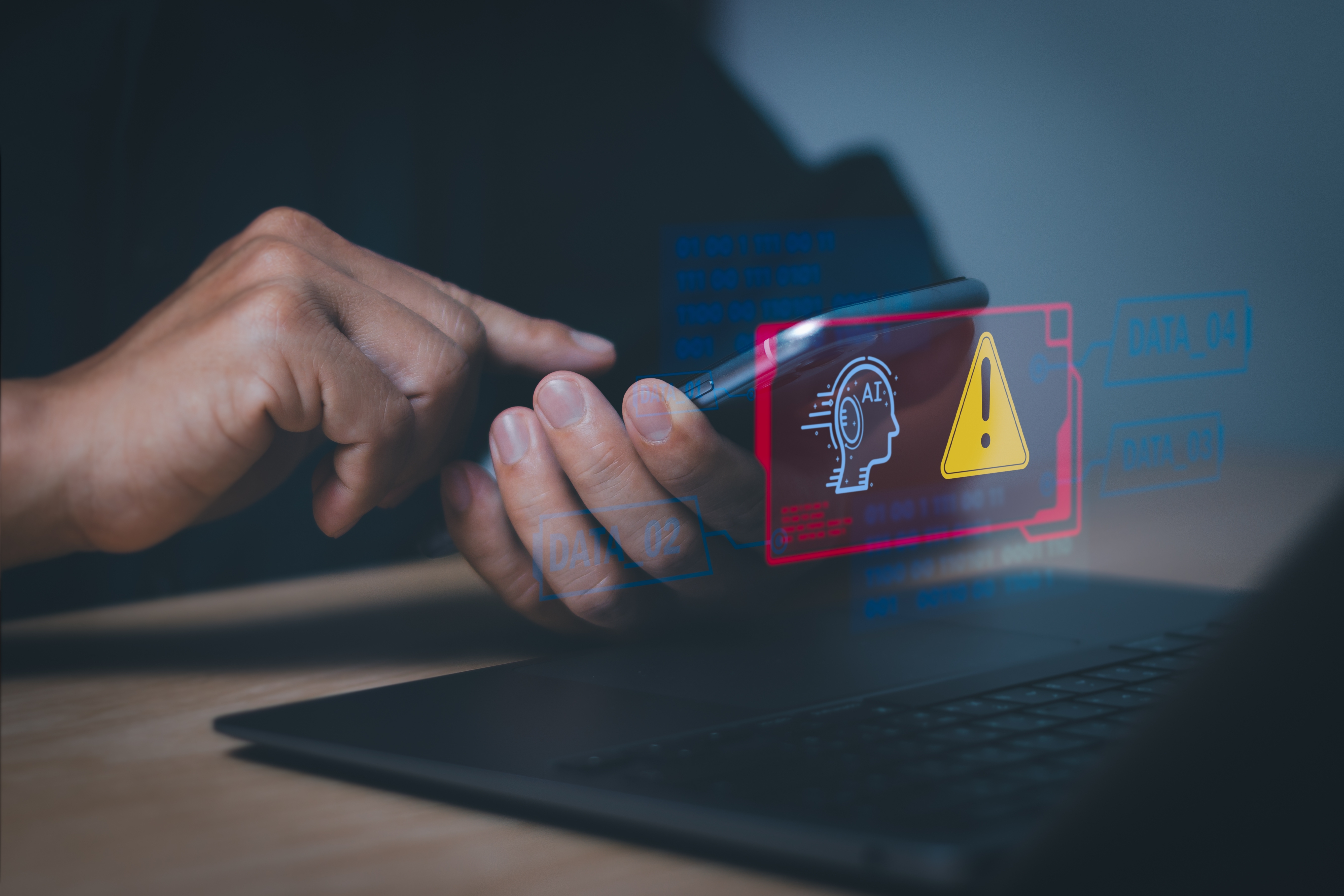 The future of online privacy: why VPNs will be non-negotiable
The future of online privacy: why VPNs will be non-negotiable
-
 Google issues security alert: Your VPN app could be spyware in disguise
Google issues security alert: Your VPN app could be spyware in disguise
The myth
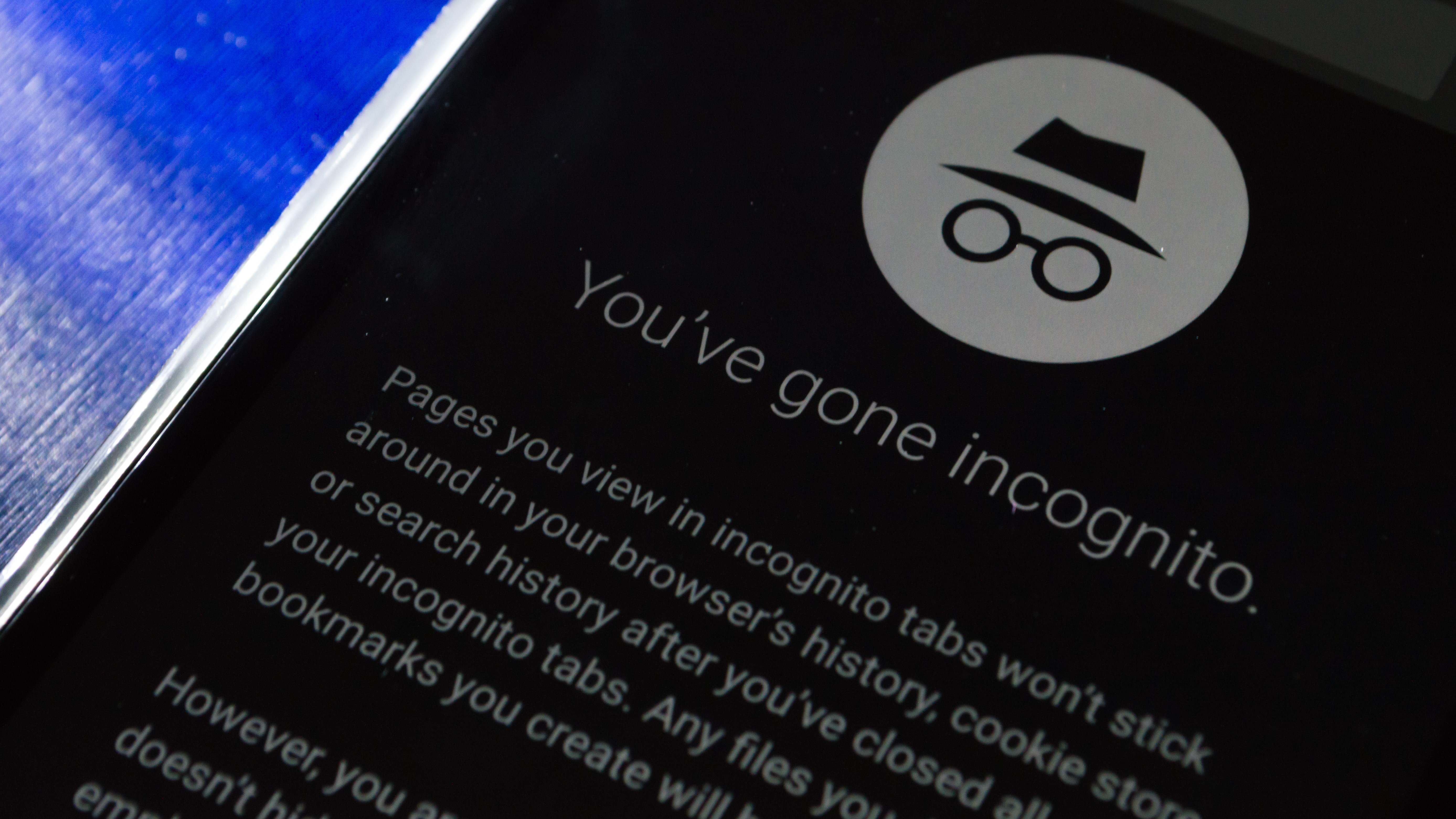
Many of us might assume that Incognito Mode makes your browsing completely private – that no one, anywhere, can see what you’re doing. Not your employer, your internet provider or the websites you visit. You’re private, right? You’re incognito.
It’s easy to see why that idea stuck. Everything about private browsing looks secretive. Chrome’s little spy icon, the dark window, the reassuring messages, like “no history will be saved.” It feels like you’ve stepped into stealth mode.
But in reality, Incognito Mode was never designed to make you anonymous online. This misunderstanding is so widespread that even Google has faced lawsuits over users claiming they were misled about the level of privacy that Incognito Mode offered.
What experts say
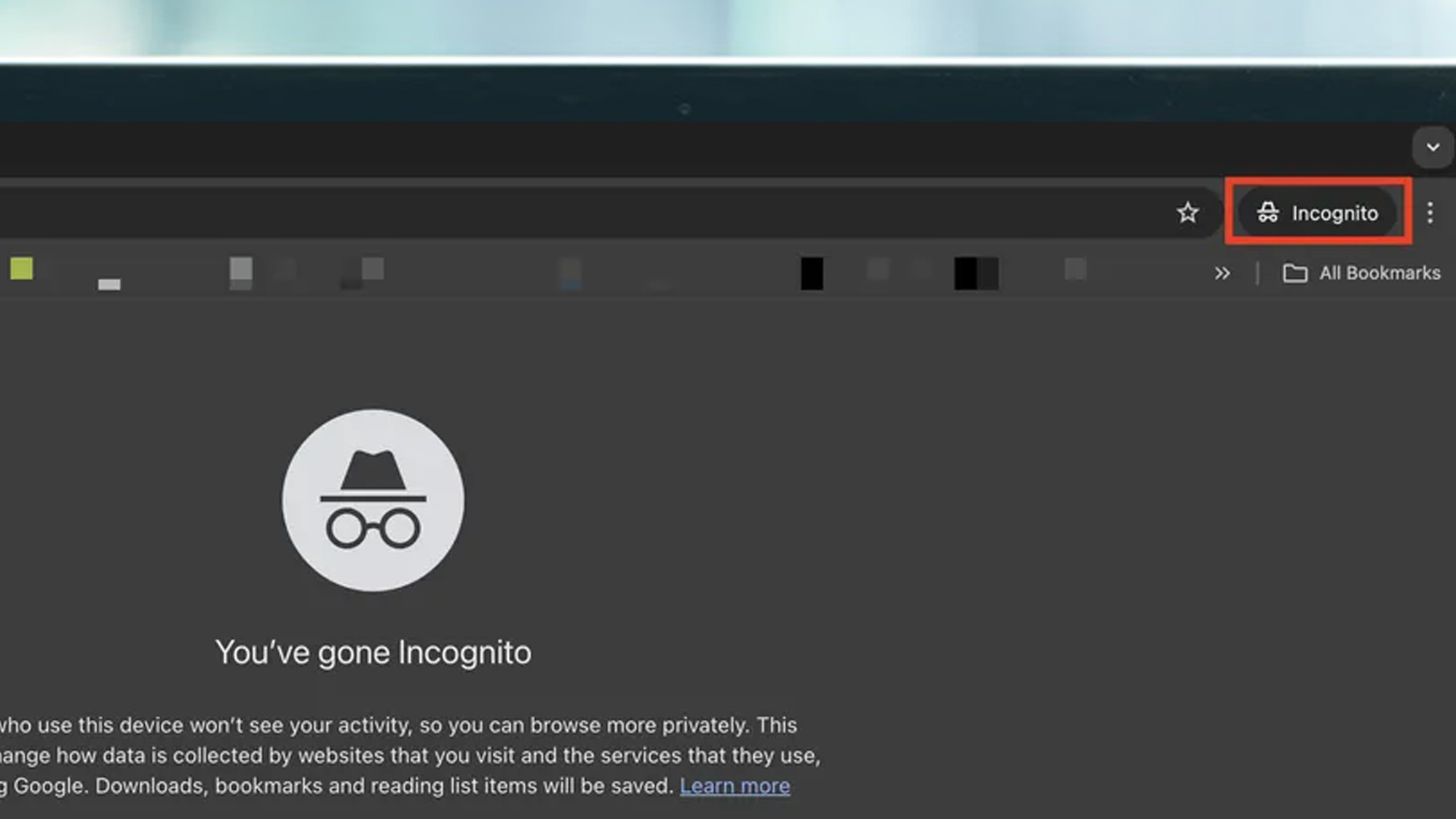
So, is Incognito Mode actually private? “It depends on your definition of ‘private’,” says János Moldvay, VP of Measurement at marketing intelligence platform Funnel. “Incognito Mode primarily protects you against being spied on by people you might share your computer with. That’s the main extent of user privacy.”
TL;DR
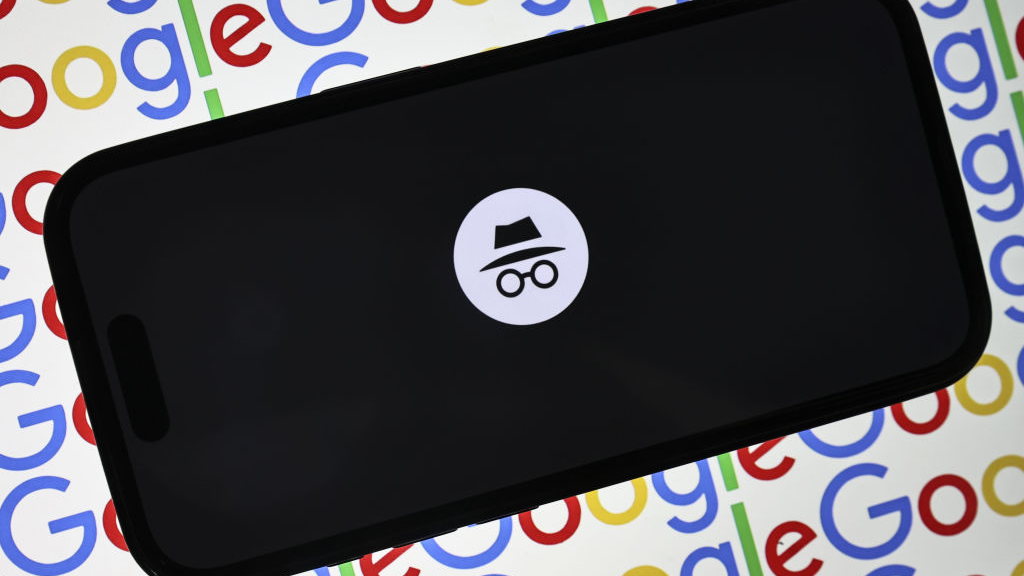
Incognito Mode hides your browsing history from others who use your device, not from the internet. Websites, employers, and ISPs can still track you unless you use extra tools, like VPNs.
In other words, it’s designed to keep your local history clear and any forms or account details you've filled in clear too, not to make you totally anonymous. “Incognito Mode does not protect against online tracking or surveillance,’ Moldvay says.
He tells me that third-party cookies are blocked – those are the small data files advertisers use to track you between sites and build up a profile of your browsing habits. But otherwise, websites can still see plenty. “They can detect your device and browser specifications, which could be used for fingerprinting – a method to identify users,” he tells me. “They can also see your IP address, your internet service provider, load tracking scripts to track users, and view any login and account data you enter.”
So where does this myth come from? “Obviously the names used by the browsers imply they’re private,” says Lee Gilbank, Co-Founder and Director of cybersecurity company YorCyberSec. “Chrome has Incognito, Edge has InPrivate, and both Firefox and Safari call it Private Browsing. Three out of four literally say ‘private’, so it’s easy to see why people assume that means total privacy.”
You may like-
 The surveillance browser trap: AI companies are copying Big Tech’s worst privacy mistakes
The surveillance browser trap: AI companies are copying Big Tech’s worst privacy mistakes
-
 The future of online privacy: why VPNs will be non-negotiable
The future of online privacy: why VPNs will be non-negotiable
-
 Google issues security alert: Your VPN app could be spyware in disguise
Google issues security alert: Your VPN app could be spyware in disguise
The visual cues reinforce that impression too. “There’s also the fact that there’s no browsing history and you get pop-ups saying 'third party cookie blocked' or 'blocked ads', which all adds to the idea that the browsing session is completely secure,” Gilbank says.
But there are things you can do if you want more privacy. “To start with, there are browsers that offer stronger privacy by default,” Gilbank explains. “Brave and DuckDuckGo both block cookies, trackers and sometimes even mask your IP address automatically.”
For deeper anonymity, choosing one of the best VPNs is your best bet. “If you don’t want to give away information like your IP address or ISP details, use a VPN,” Gilbank advises. “Many browsers now include built-in VPN options for a small fee, or you can use a dedicated tool like NordVPN, ExpressVPN or ProtoVPN.”
However, there are trade-offs. “VPNs can cause issues, such as slower browsing, limited functionality and certain sites even block VPN traffic,” Gilbank says.
So although Incognito Mode is handy for keeping your local activity private, not leaving any tracks on your device, it’s not a cloak of online invisibility. If you really want to browse anonymously, you’ll need to go further – check out our guide on how to private browse in Chrome on Windows, Android and ChromeOS for step-by-step guidance on exactly how to do that.
Follow TechRadar on Google News and add us as a preferred source to get our expert news, reviews, and opinion in your feeds. Make sure to click the Follow button!
And of course you can also follow TechRadar on TikTok for news, reviews, unboxings in video form, and get regular updates from us on WhatsApp too.
Get daily insight, inspiration and deals in your inboxContact me with news and offers from other Future brandsReceive email from us on behalf of our trusted partners or sponsorsBy submitting your information you agree to the Terms & Conditions and Privacy Policy and are aged 16 or over. TOPICS Safari Becca CaddySocial Links Navigation
Becca CaddySocial Links NavigationBecca is a contributor to TechRadar, a freelance journalist and author. She’s been writing about consumer tech and popular science for more than ten years, covering all kinds of topics, including why robots have eyes and whether we’ll experience the overview effect one day. She’s particularly interested in VR/AR, wearables, digital health, space tech and chatting to experts and academics about the future. She’s contributed to TechRadar, T3, Wired, New Scientist, The Guardian, Inverse and many more. Her first book, Screen Time, came out in January 2021 with Bonnier Books. She loves science-fiction, brutalist architecture, and spending too much time floating through space in virtual reality.
You must confirm your public display name before commenting
Please logout and then login again, you will then be prompted to enter your display name.
Logout Back To Top Read more The surveillance browser trap: AI companies are copying Big Tech’s worst privacy mistakes
The surveillance browser trap: AI companies are copying Big Tech’s worst privacy mistakes
 The future of online privacy: why VPNs will be non-negotiable
The future of online privacy: why VPNs will be non-negotiable
 Google issues security alert: Your VPN app could be spyware in disguise
Google issues security alert: Your VPN app could be spyware in disguise
 Disappear online - Windscribe’s Chrome and Edge VPN extensions get a privacy upgrade
Disappear online - Windscribe’s Chrome and Edge VPN extensions get a privacy upgrade
 Hundreds of free VPN apps are not fit for purpose - but sadly, we can't tell you which are the naughty ones
Hundreds of free VPN apps are not fit for purpose - but sadly, we can't tell you which are the naughty ones
 Data privacy: consent isn’t a checkbox, it’s a commitment
Latest in Browsers
Data privacy: consent isn’t a checkbox, it’s a commitment
Latest in Browsers
 Microsoft's latest prod to use Copilot AI in the Edge browser is subtle, but still annoying - and I'm getting fed up with this
Microsoft's latest prod to use Copilot AI in the Edge browser is subtle, but still annoying - and I'm getting fed up with this
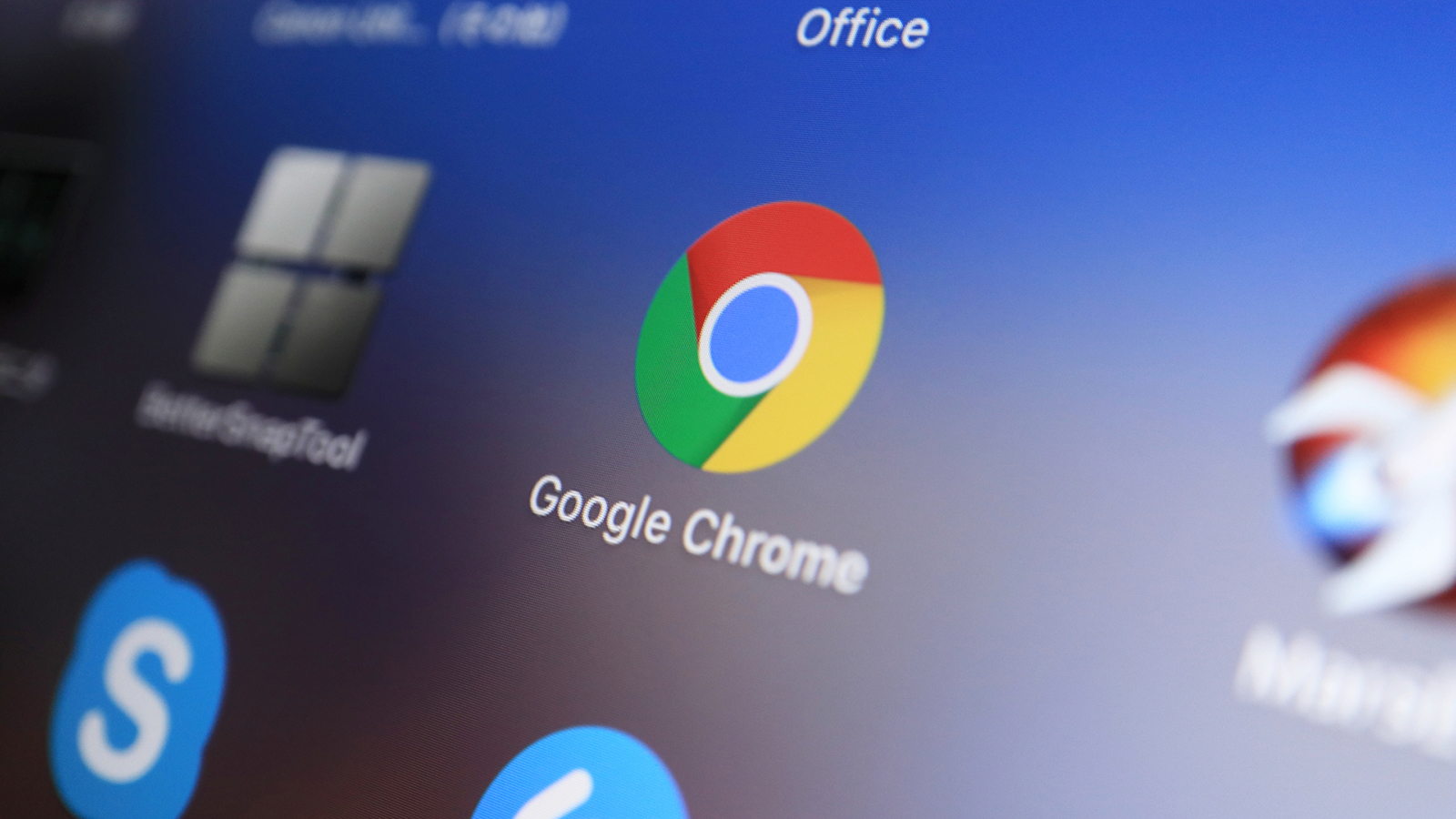 Google Chrome is fixing its 'notification overload' problem with this handy new feature – here's how it works
Google Chrome is fixing its 'notification overload' problem with this handy new feature – here's how it works
 Microsoft is literally losing its Edge, as browser reportedly sheds a quarter of its users in six months – but I'm not surprised
Microsoft is literally losing its Edge, as browser reportedly sheds a quarter of its users in six months – but I'm not surprised
 Microsoft turns to AI to improve Edge browser – but after the Recall debacle I'm worried it could be another privacy nightmare
Microsoft turns to AI to improve Edge browser – but after the Recall debacle I'm worried it could be another privacy nightmare
 Chrome stretches its lead over the floundering Edge - and I'm not convinced Microsoft's big Copilot AI promises will save the browser
Chrome stretches its lead over the floundering Edge - and I'm not convinced Microsoft's big Copilot AI promises will save the browser
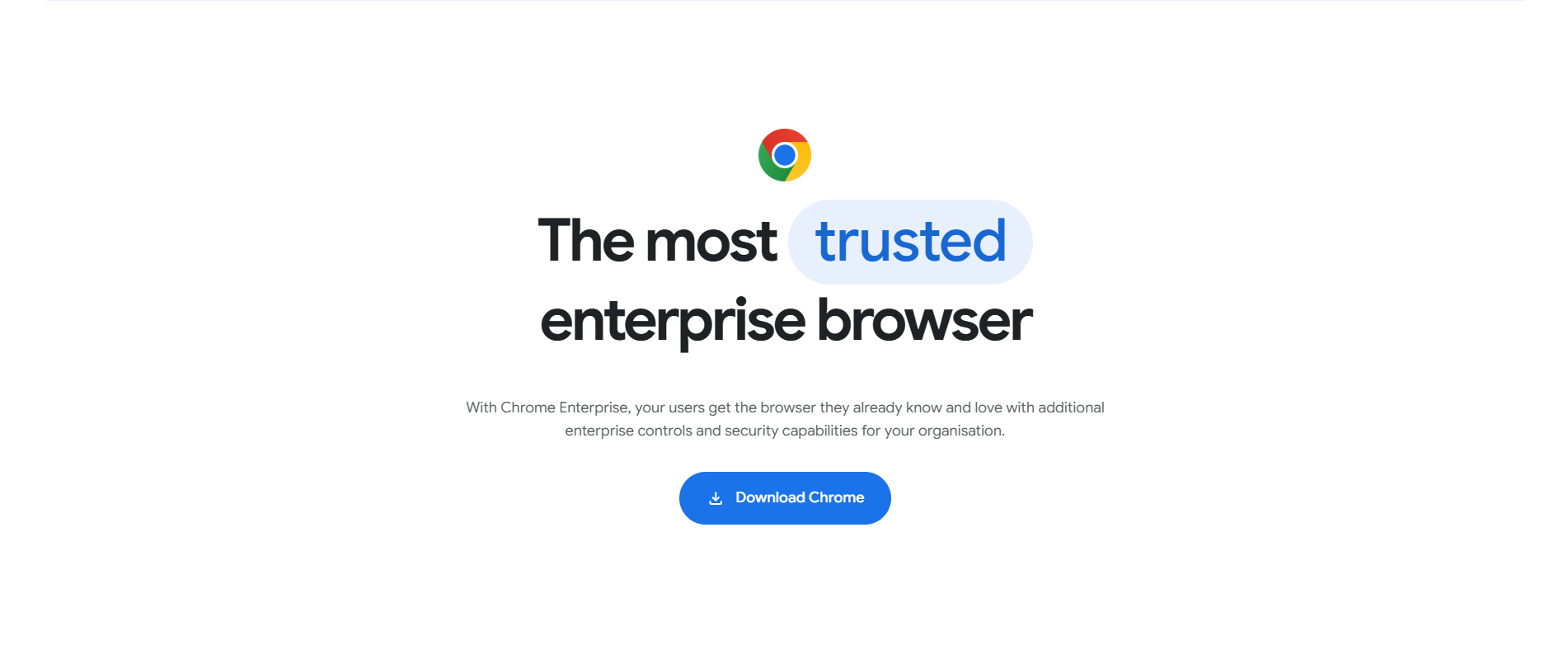 Google Chrome Enterprise Review: Features, Usage, and Competition
Latest in Features
Google Chrome Enterprise Review: Features, Usage, and Competition
Latest in Features
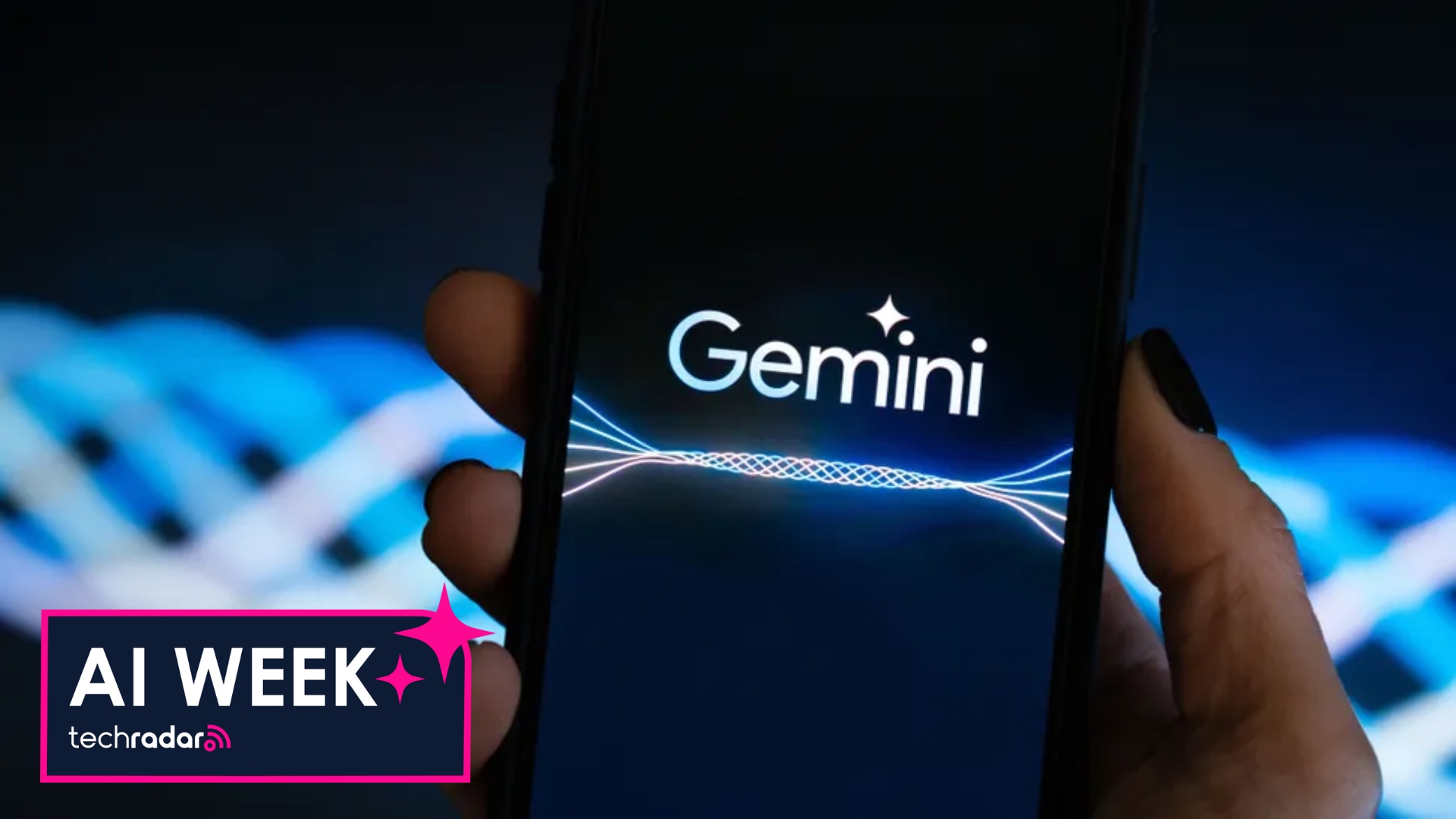 6 prompts to get the most out of Gemini 3, Google's answer to ChatGPT
6 prompts to get the most out of Gemini 3, Google's answer to ChatGPT
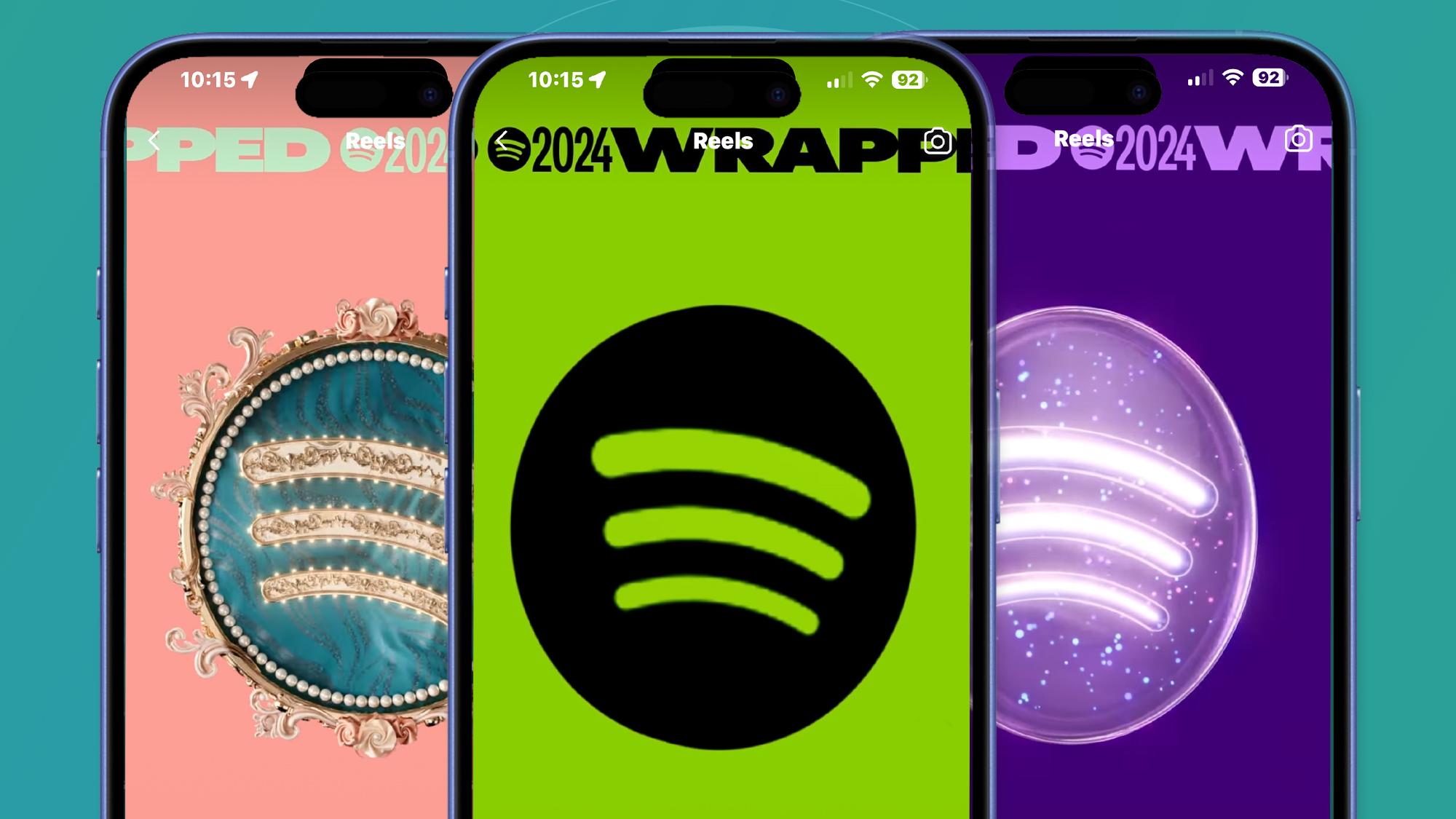 When is Spotify Wrapped 2025 going to land? Here's what we know
When is Spotify Wrapped 2025 going to land? Here's what we know
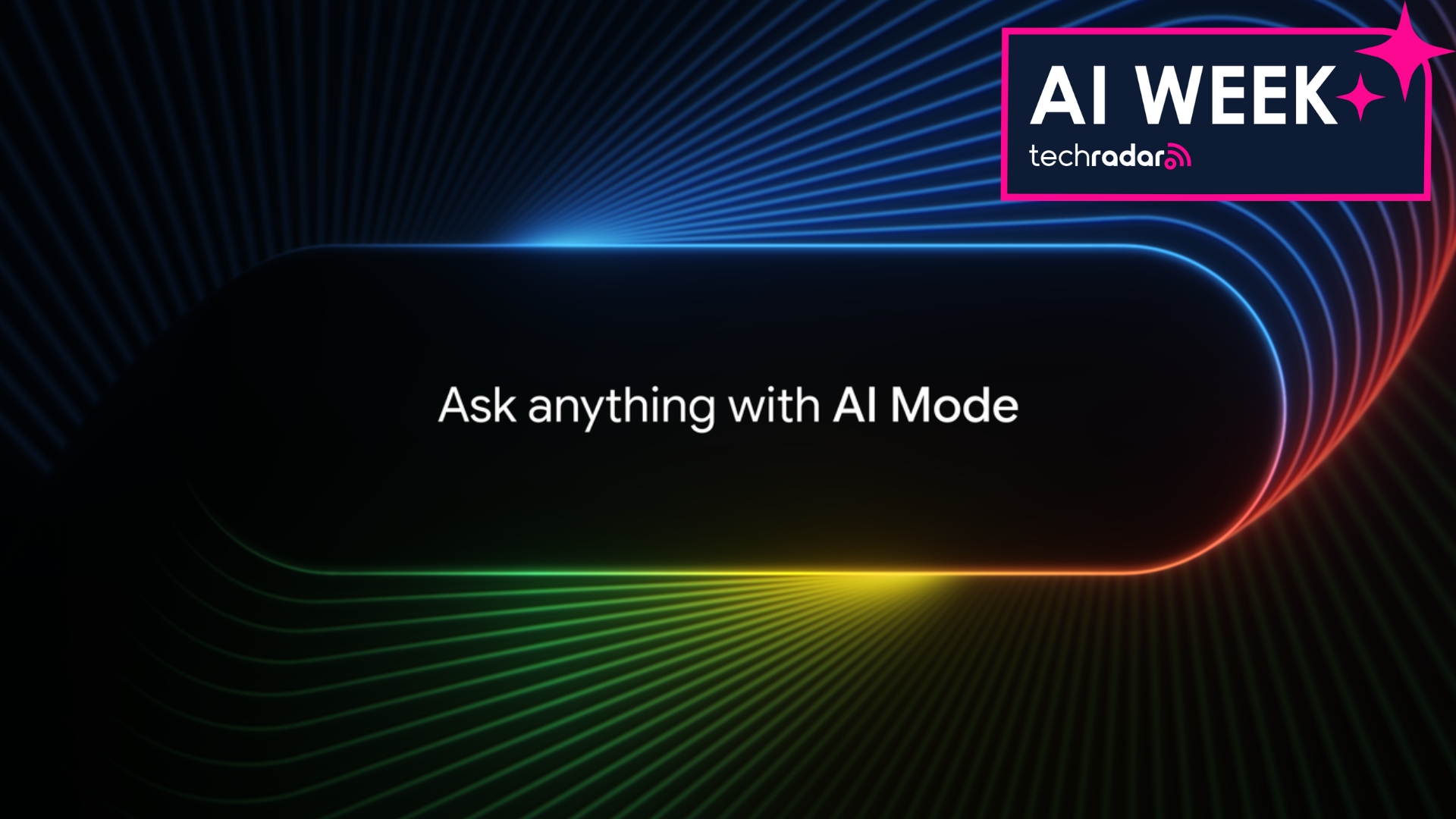 Should you use Google AI Mode or is boring old Search better?
Should you use Google AI Mode or is boring old Search better?
 The best privacy laws in the world: These three VPNs are on sale for a limited time
The best privacy laws in the world: These three VPNs are on sale for a limited time
 I used ChatGPT to create a playlist, games, and even plan a quiz night
I used ChatGPT to create a playlist, games, and even plan a quiz night
 Study Mode in ChatGPT doesn’t just give you the answer
LATEST ARTICLES
Study Mode in ChatGPT doesn’t just give you the answer
LATEST ARTICLES- 1Is Incognito Mode actually private? Here’s the surprising answer from cybersecurity experts
- 2I tested the Sonos Arc Ultra and compared it to a top JBL Dolby Atmos soundbar – here’s the one I’d recommend you buy
- 3Microsoft created a tablet years before Apple, but it never took off - here's why
- 4Too good to be true? Be careful when looking through those Black Friday offers - they might be a scam
- 5My favorite VPN for gaming just dropped its prices by up to 77% − here's how to grab yours

